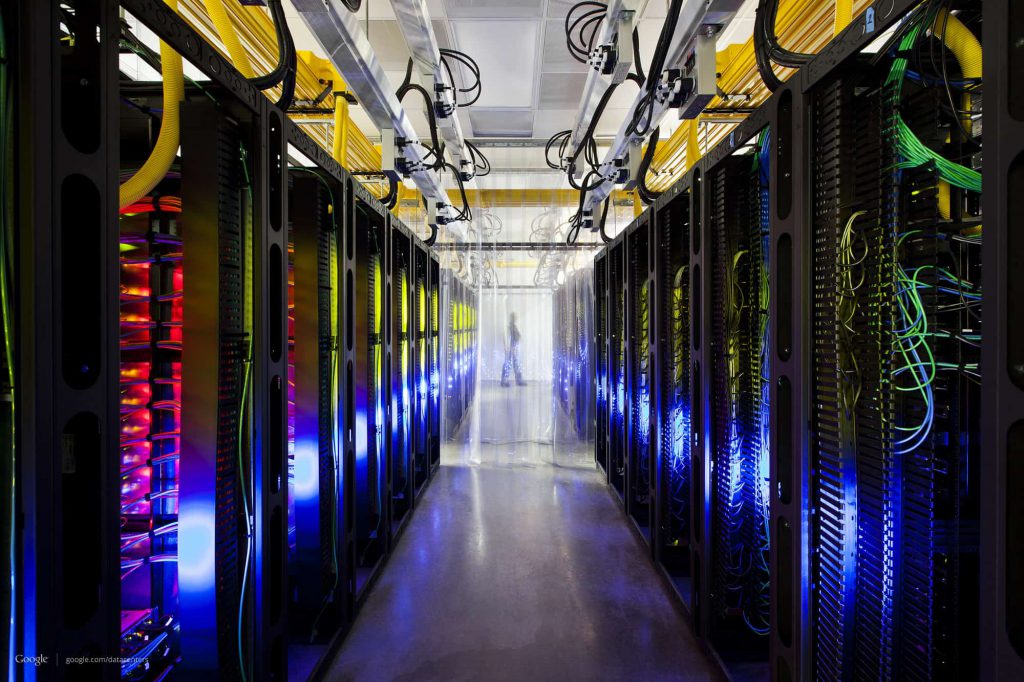The data center colocation market has experienced significant shifts in the wake of the COVID-19 pandemic. In this comprehensive analysis, we delve into the intricacies of how this global health crisis has affected the data center colocation industry. With the advent of COVID-19, the digital landscape transformed rapidly, and the demand for data center services saw remarkable changes. In this article, we examine the key factors that influenced this transformation, from increased remote work to the surge in data traffic, and how the data center colocation market has adapted to these challenges.
Remote Work and the Surge in Data Usage
Remote work became the norm for countless industries as lockdowns and social distancing measures were enforced to mitigate the spread of the virus. This shift had a profound impact on data center colocation providers, as organizations required robust and reliable IT infrastructure to support their remote workforce. The demand for data center services skyrocketed as companies needed scalable and secure solutions to accommodate remote employees.
Data centers, which act as the backbone of the digital world, played a pivotal role in ensuring that remote work was both feasible and efficient. Their ability to provide uninterrupted connectivity and data storage became more critical than ever. Businesses sought colocation providers that could deliver seamless services, high-speed internet connections, and secure data storage, making the data center colocation market a key player in the battle against the pandemic’s disruptions.

Accelerated Digital Transformation
The pandemic accelerated digital transformation efforts across industries. Companies rushed to adopt and implement advanced technologies to maintain operations and cater to changing consumer demands. As businesses embraced cloud computing, IoT, and edge computing, the data center colocation market saw increased demand for data storage, processing, and connectivity services.
In particular, the adoption of cloud services witnessed substantial growth. Enterprises turned to cloud providers, which often rely on data center colocation facilities to expand their infrastructure and meet the surge in demand for cloud-based solutions. Data center colocation facilities provided the necessary resources and scalability to accommodate this rapid shift towards digitalization.
Heightened Data Security Concerns
With the surge in data usage and digital transformation, data security became a paramount concern. Cybersecurity threats and breaches were on the rise, prompting organizations to fortify their defenses. Data center colocation providers responded to this need by enhancing their security protocols and investing in state-of-the-art infrastructure to safeguard their clients’ data.
The pandemic not only increased the volume of data but also the sensitivity of the information being handled. Organizations dealing with health records, financial transactions, and confidential business data required even more robust security measures. Data center colocation providers evolved to offer cutting-edge security solutions, including biometric access control, encryption, and advanced firewalls, to protect sensitive data from cyber threats.
Shifting Data Center Locations
One of the intriguing trends that emerged during the pandemic was the geographical shift in data center locations. As remote work gained prominence, organizations sought data center colocation facilities that were strategically located to ensure low latency and high-speed connections for their remote workforce. This led to a reevaluation of data center locations, with an emphasis on proximity to major business hubs and connectivity points.

Conclusion
The impact of COVID-19 on the data center colocation market has been profound and multi-faceted. The pandemic accelerated the digital transformation, reshaped the way we work, and heightened the importance of data security. Data center colocation providers have risen to the occasion, adapting to the evolving needs of their clients with innovative solutions and heightened security measures.
In conclusion, the data center colocation market remains a dynamic and ever-evolving industry. As we move beyond the pandemic, it is evident that data center colocation will continue to play a pivotal role in supporting the digital infrastructure of businesses across the globe. The adaptability and resilience displayed by the industry during this challenging period are a testament to its importance in an increasingly digital world.











